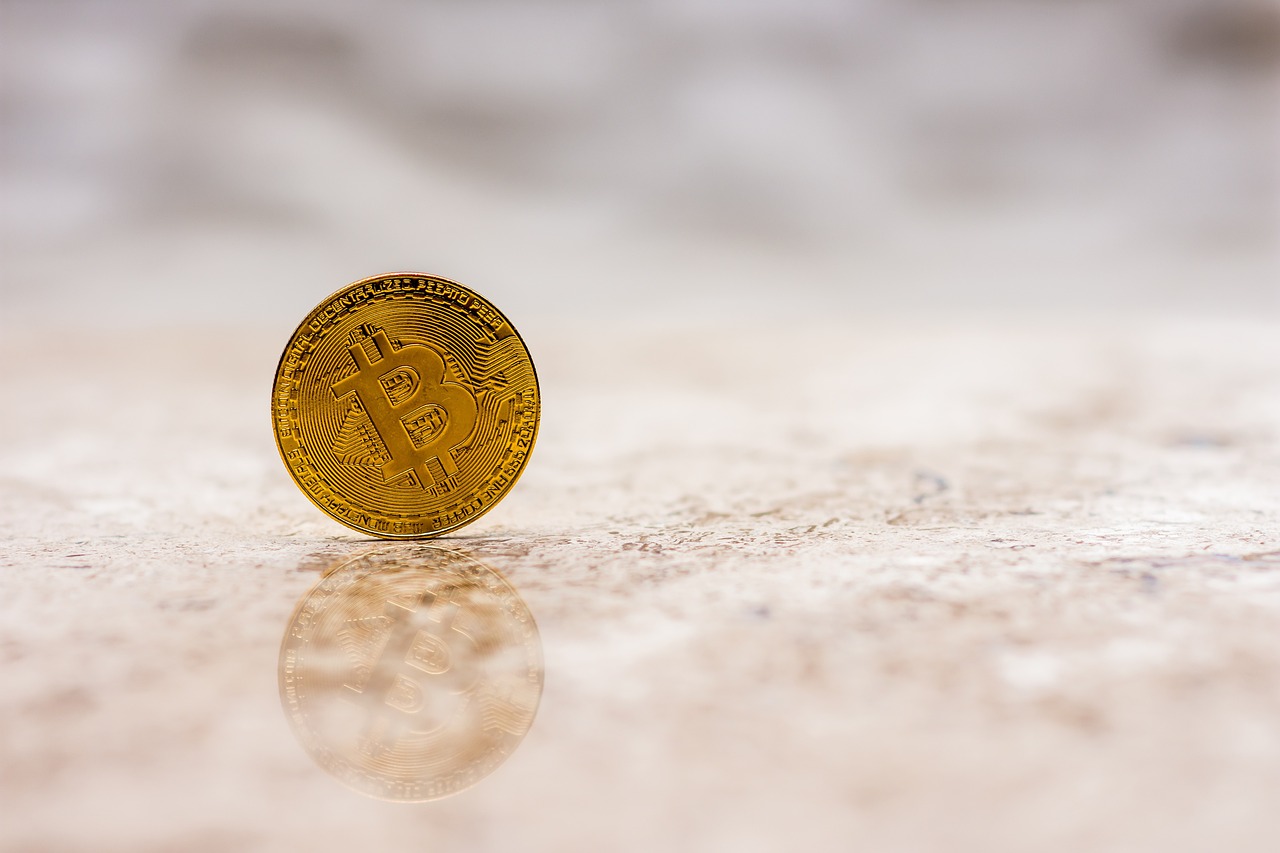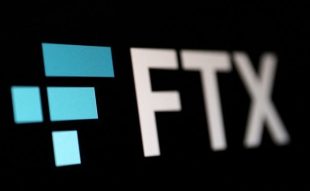Join Our Telegram channel to stay up to date on breaking news coverage
The recently improved global crypto market cap crashed again, with most coins trading bearish over the past 24 hours. It happened when blockchain analytics firm Arkham reported an outflow of Bitcoin from wallets linked to defunct Mt. Gox and the US government.
On April 26, an Alert came from Arkham stating that Mt. Gox and the US government were making transactions and moving large chunks of Bitcoin. However, the analytic firms quickly published a tweet an hour later, claiming the alert was due to a bug fix.
Arkham Says Mt. Gox Alerts Were Buggy And Not Responsible For BTC Price Decline
In detail, a popular crypto news alert account DB tweeted the transaction alert on April 26. The transaction alert stated that large chunks of Bitcoin were leaving wallets linked to Mt.Gox and the US government.
The alert sent bearish waves across the crypto market, causing a crash in Bitcoin prices. Bitcoin price nosedived by 7% from $29,850 to $27,789, and the global crypto market cap crashed within an hour of the alert.
However, Arkham, the analytic firm behind the crypto news alert account, DB, reported it was an error. Arkham tweeted to confirm the mistake was due to a bug fix that sent a false alert on their analytics platform to selected users.
In addition, the analytic firm posted another tweet explaining that it investigated the supposedly false DB alert issue. According to the tweet, Arkham’s investigation found that DB set two alerts on all Bitcoin transactions above $10,000. The alerts had no counterparties, so DB named them Mt Gox and the US government.
Arkham further wrote that the false alerts or the tweet weren’t responsible for BTC’s flash price plunge. It noted that the drop happened between 19:17 and 20:01 UTC, whereas the buggy alert and the following tweet came at 20:07 and 20:08 UTC.
More so, a Twitter user called IT Tech published a report showing the Mt.Gox alert was fake. That suggests the market participants cannot explain the exact reason for Bitcoin’s flash price decline.
The CEO of Arkham, Miguel Morel, also said there was no connection between the alert and the movements. That means the US government didn’t move or attempt to sell Mt. Gox-related assets.
Bitcoin (BTC) Price Outlook After The Flash Crash
Data from Blockchain.com, a Bitcoin address linked to the US government’s wallet for Silk Road hack funds, recorded a transaction on April 26. But it was an internal transaction worth just $0.19 and in the processing status at the time.
Whatever the cause is, the Bitcoin flash crash wreaked havoc across the crypto market. Several coins lost past prices, with a sharp prices plunge in the derivatives market.
According to Coinglass data, the derivatives market recorded increased liquidations, with Total Liquidation reaching over $292.40 million at press time. Bitcoin traders accounted for $96.78 million of these Total Liquidations as of April 26.
Although Arkham claimed it was an error alert, it didn’t provide more details on the cause of the disparity. Miguel Morel, Arkham’s CEO, has not come forward to clarify the matter.
However, Bitcoin price recovered slightly earlier today but has pulled back again by 3.22% in the last 24 hours. At press time, Bitcoin trades at $28,876.63 while the global crypto market cap declined by 3.43% over the past 24 hours.
Mt. Gox Readies to Commence Funds Reimbursement to Its Creditors
The latest fund movement alert comes as the exchange prepares to release funds back to its creditors. The defunct exchange, Mt. Gox, was set to start reimbursing its creditors on March 10.
In July 2022, Mt. Gox announced that it would repay its creditors. The announcement noted the defunct exchange would release 137,000 BTC, worth $2.8 billion at the time, to the market to compensate for the 2014 attack.
The exchange’s Japanese bankruptcy trustee, Nobuaki Kobayashi, set the repayments deadline for October 30, 2023. Creditors must choose a repayment medium and perform an online payee information registration to receive their repayments.
As of April 8, the trustee had concluded the creditors’ registration process, noting that necessary verifications will commence ahead of fund reimbursement.
The Tokyo-based exchange collapsed in February 2014 after a hack attack resulted in the loss of thousands of Bitcoin from the platform. That was after US authorities seized two accounts linked to the exchange to prevent it from trading Bitcoin with US dollars. The seizure threatened Mt. Gox’s ability to sell or purchase Bitcoin with USD in the United States.
Join Our Telegram channel to stay up to date on breaking news coverage


